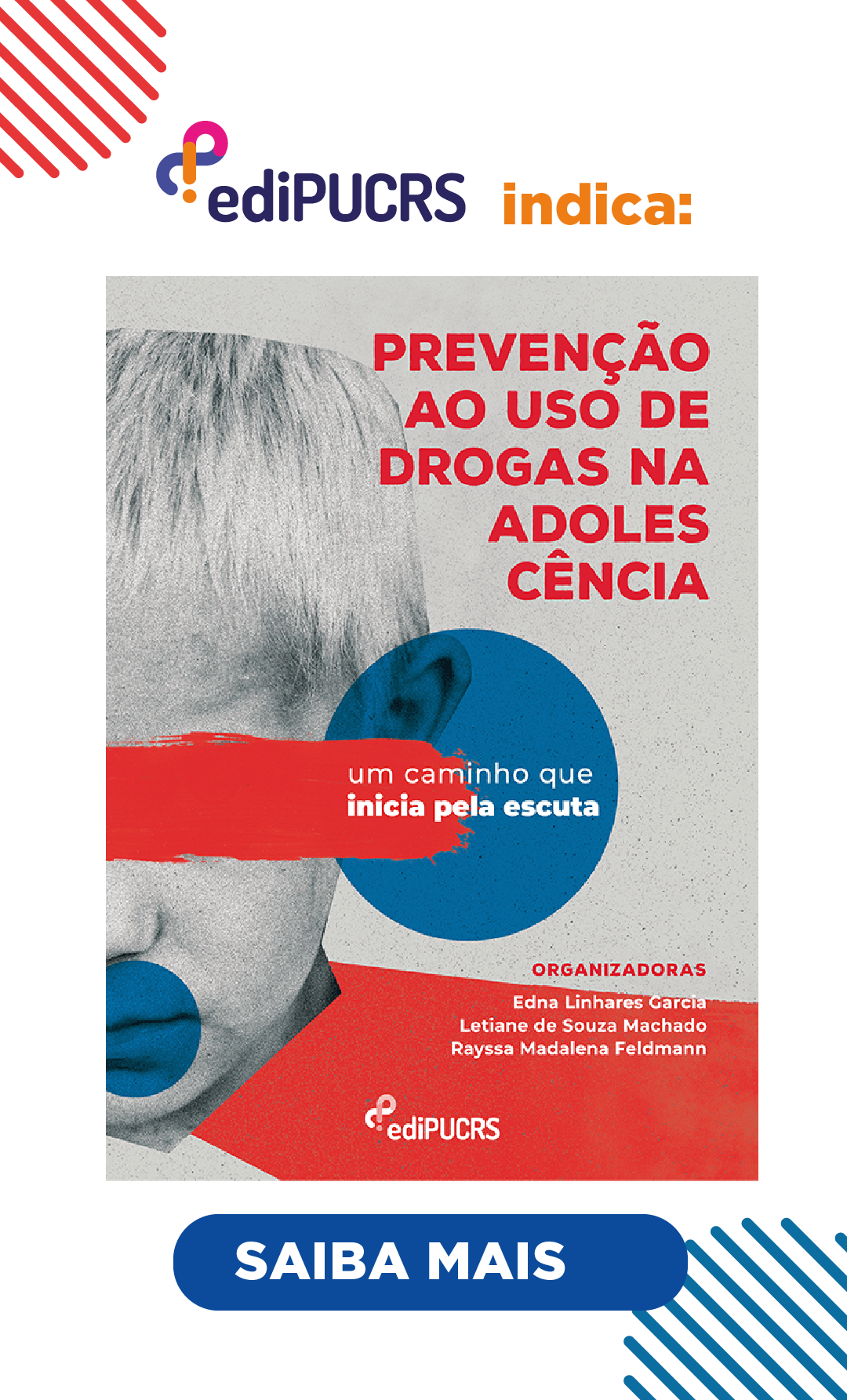The subaltern right in Latin America
an analysis of Macri’s and Bolsonaro’s speeches during the election campaigns
DOI:
https://doi.org/10.15448/2178-5694.2023.1.44839Keywords:
Discourse, Radical Right, Argentine, BrazilAbstract
The objective of this article is to verify the relevance of the concept of Populist Radical Right Parties, developed by Cas Mudde, which is part of the theoretical mainstream that analyzes the discourses of far-right (extremist and radical) movements by confronting them with the cases of Latin America and proposing adaptations to understand these phenomena. This conceptualization understands that far-right movements are characterized by the simultaneous presence of three traits: authoritarianism, populism, and nativism. The study was conducted based on videos posted by representatives of the right-wing movements in Argentina and Brazil on their own YouTube channels. It is concluded that the limited perspective of European and North American theorists to their own contexts prevents them from realizing that far-right movements in the Latin America region are defined by subalternity, seeking legitimacy through the approximation to foreign models of politics, culture, and morality.
Downloads
References
Adorno, Theodor, Else Frenkel-Brunswik, Daniel Levinson, e Nevitt Sanford. 2019. The Autoritarian Personality. London: Verso. Bolsonaro, Jair. 2018. “Entrevista à TV Cidade Verde: Infraestrutura, logística, educação, economia, turismo e verdades.” YouTube video, 24 out. 2018. https://www.youtube.com/watch?v=aiC3wFEyY3U.
Caiani, Manuela. 2018. “Radical Right Cross-National Links and International Cooperation.” In The Oxford Handbook of the Radical Right, edited by Jens. Rydgren, 562-85. Oxford: Oxford University Press. https://doi.org/10.1093/oxfordhb/9780190274559.013.20.
Casullo, María Esperanza. 2019. ¿Por qué funciona el populismo? Siglo XXI Editores: Buenos Aires.
Chizzotti, Antonio. 2010. Pesquisa qualitativa em ciências humanas e sociais. Petrópolis: Vozes.
Connell, Raewyn. 2012. A iminente revolução na teoria social Conferências. Revista brasileira de Ciências Sociais 27 (80): 9-20. https://doi.org/10.1590/S010269092012000300001.
Eatwell, Roger. 2004. Introduction: the new extreme right challenge. In Western Democracies and the New Extreme Right Challenge, edited by Roger Eatwell e Cas Mudde, 1 -17. Routledge: London; New York.
Figueiredo, Marcus, Alessandra Aldé, Heloísa Dias, e Vladimyr Jorge. 1997. Estratégias de persuasão eleitoral: uma proposta metodológica para o estudo da propaganda eleitoral. Opinião Pública IV (3): 182-203.
Flax, Rocío. 2019. La construcción del inmigrante en el discurso político argentino: el caso del Parque Indoamericano. D.E.L.T.A. 35 (4): 1-20. http://dx.doi.org/10.1590/1678-460X2019350411.
Fukuyama, Francis. 2015.O fim da história e o último homem. Rio de Janeiro: Editora Rocco.
Lewis, Rebecca. 2020a. “All of YouTube, Not Just the Algorithm, is a Far-Right Propaganda Machine.” Medium. Acessado em 22 jun. 2022. https://ffwd.medium.com/all-of-youtube-not-just-the-algorithm-is-a-far-right-propaganda-machine-29b07b12430
Lewis, Rebecca. 2018b. “Why influence matters in the spread of misinformation. Data & Society: Points.” Acessado em 18 jun. 2022. Disponível em: https://bit.ly/3DfuKYa.
Lewis, Rebecca. 2018a. Alternative Influence: Broadcasting the Reactionary Right on YouTube (White paper). New York: Data & Society Research Institute.
Mudde, Cas. 2019b. EU Elections: Moving the Center. Journal of Democracy 30 (4): 20-34. https://doi.org/10.1353/jod.2019.0066.
Mudde, Cas. 2007. Populist radical parties in Europe. Cambridge University Press: Cambridge.
Mudde, Cas. 2020. Riding the fourth wave. The role of business in far-right politics. IPPR Progressive Review. 26: 296-304. https://doi.org/10.1111/newe.12175.
Mudde, Cas. 2018.The Far Right in America. Routledge: London; New York. Mudde, Cas. 2019a. The far right today. Polity Press: Cambridge.
Munger, Kevin; Phillips, Joseph. 2020. Right-Wing YouTube: A Supply and Demand Perspective. The International Journal of Press/Politics 27 (1): 1–34. https://doi.org/10.1177/1940161220964767.
Orsi, Guillermo. 2022. “Entre a buena gente e o cidadão de bem: Uma análise comparativa das direitas latino-americanas a partir dos discursos de Macri e Bolsonaro nas campanhas presidenciais de 2015 e 2018.” Tese de doutorado, Universidade Federal do Rio Grande do Sul. https://lume.ufrgs.br/handle/10183/254355.
Pagliarone, Maria Florencia, e Maria Virginia Quiroga. 2021. Discursos políticos de odio en Argentina y Ecuador. El inmigrante pobre como otredad. Revista IUS/ Revista del Instituto de Ciencias Jurídicas de Puebla 15 (47): 103-32. https://doi.org/10.35487/rius.v15i47.2021.663.
Prego, Florencia, e Monica Nikolajczuk. 2020. ¿Nuevos actores en las “nuevas” derechas del siglo XXI en américa latina?: los casos del macrismo en Argentina (2015) y el bolsonarismo en Brasil (2018). In Intelectuales, democracia y derechas, editado por Alfredo Falero, Charles Quevedo, e Lorena Soler, 221-36. Buenos Aires: El colectivo. https://doi.org/10.2307/j.ctv253f4g2.14.
Rydgren, J. 2007. The sociology of the radical right. Annu. Rev. Sociol., 33: 241-62. https://doi.org/10.1146/annurev.soc.33.040406.131752.
Swanson, David, e Paolo Mancini, ed. 1996. Politics, media and modern democracy: an international study of innovations in electoral campaigning and their consequences. Westport: Praeger.
Tufekci, Zeynep. 2018. YouTube, the Great Radicalizer. New York Times, 10 mar. 2018. https://www.nytimes.com/2018/03/10/opinion/sunday/youtube-politics-radical.html.
Weiss, Raquel. Efervescência, dinamogenia e a ontogênese social do sagrado. Mana 19 (1). https://doi.org/10.1590/S0104.
Downloads
Published
How to Cite
Issue
Section
License
Copyright (c) 2023 Conversas & Controvérsias

This work is licensed under a Creative Commons Attribution 4.0 International License.
Copyright
The submission of originals to Conversas & Controvérsias implies the transfer by the authors of the right for publication. Authors retain copyright and grant the journal right of first publication. If the authors wish to include the same data into another publication, they must cite Conversas & Controvérsias as the site of original publication.
Creative Commons License
Except where otherwise specified, material published in this journal is licensed under a Creative Commons Attribution 4.0 International license, which allows unrestricted use, distribution and reproduction in any medium, provided the original publication is correctly cited.





